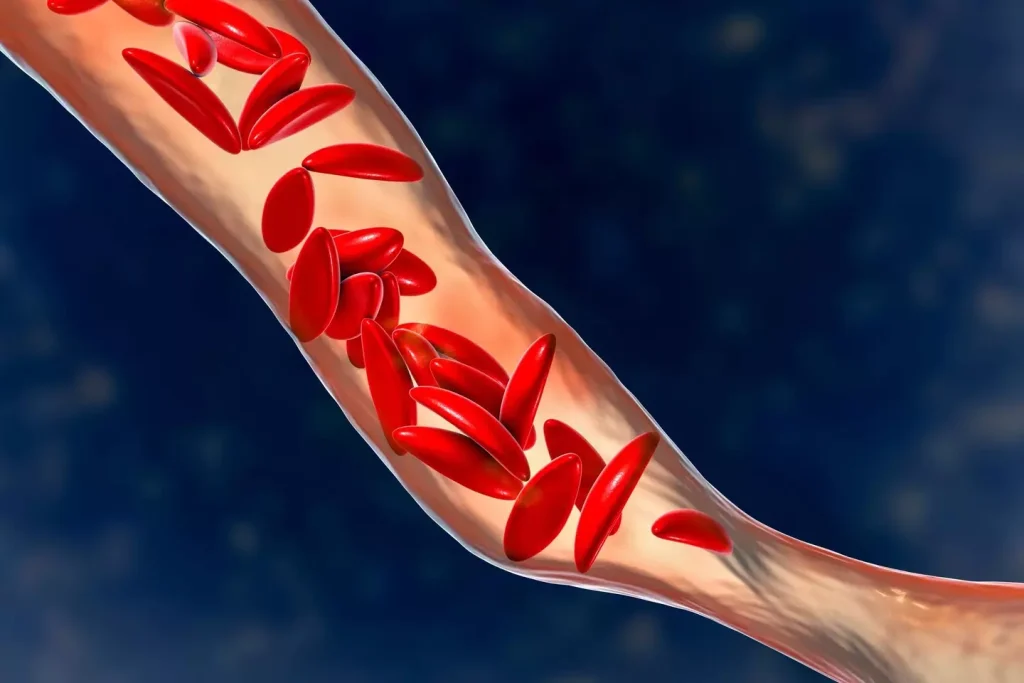
Cases of colon cancer have been steadily increasing, and although the disease can present with a variety of symptoms, one man received his devastating diagnosis after experiencing just one.
Over the past 30 years, early-onset colorectal cancer has been on the rise, with cases nearly doubling since 1990.
Researchers have conducted numerous studies to understand the factors behind this surge, but pinpointing a definitive cause remains challenging.
What can cause colon cancer?
The rise in colon cancer cases has often been linked to lifestyle habits and dietary choices, though the exact cause remains unclear.
Some discussions have pointed to ultra-processed foods or a diet low in calcium as potential culprits.
According to a recent study, several contributing factors were identified. The most significant risk was insufficient calcium intake. Following that, alcohol consumption and obesity were also highlighted as key risk factors for developing the disease.
What’s one major symptom to look out for in colon cancer?
For Cameron Kalunian, a simple symptom led to a life-changing health crisis.
In an interview with UCLA Health, he shared his experience and the one warning sign that ultimately led to his colon cancer diagnosis.
Like many others, Cameron was part of a growing group of younger adults facing this disease—those under 35.
“I was 35 years old when I started seeing some blood in my stool,” he recalled.

Blood in the stool is often a serious warning sign of an underlying condition that requires immediate attention.
For many, additional symptoms eventually appear, but for Cameron, this was the only clue that something was wrong.
Initially, his primary care doctor referred him to a gastroenterologist for further testing.
“They performed a sigmoidoscopy, which is a less invasive procedure than a colonoscopy. That’s when they discovered a large tumor at my colorectal junction,” he shared.
Following the diagnosis, Cameron underwent colorectal surgery in late 2019. Fortunately, within a month of having the tumor removed, he was in remission.
Because the tumor was detected early—before it had a chance to spread—his cancer was classified as Stage 1, making it highly treatable.
“They did my surgery laparoscopically, so I only have a tiny scar on my abdomen. I was impressed with how cutting-edge all the technology at UCLA Health was,” he said.
Cameron also praised his anesthesiologist’s approach, noting that instead of the standard morphine drip or IV pain medication, he was given a spinal tap. “That meant I received a lower dosage of medicine, reducing the risk of complications,” he explained.

“I was home three days after the surgery and was back at work within two weeks of my surgery. Every aspect of the care I received was thorough and reassuring. I felt the comprehensive care and felt that my interests were being taken care of.”
However, like many people in his position, your age can oftentimes fool you into believing that this type of cancer cannot develop- or if it does, it must be a rare case.
What to do if you think you have colon cancer
With colon cancer cases increasing among younger individuals, it’s more important than ever to stay alert. If you experience symptoms like abdominal pain, changes in bowel movements, or blood in your stool, don’t hesitate to seek medical advice.
“I didn’t have a family history, but I had seen in the media that there is a higher prevalence of early-onset colon cancer,” one individual shared.
Cameron also addressed concerns about testing, saying, “I think there are a lot of stigmas associated with the testing. Ultimately, it wasn’t a big deal. I think, now, I’ve had four colonoscopies and you get better at it each time. You know what to expect and it’s not scary.”
He emphasized the importance of acting on potential warning signs: “The most important thing is, if you have symptoms to follow up on them. Listen to your body. Blood in the stool is something to pay attention to and take very seriously.”

